So, you wanna be inclusive?
A question that gets thrown around woke communities all the time is “how do we get more diversity” and honestly you probably aren’t going to like my answer… Get, uncomfortable.
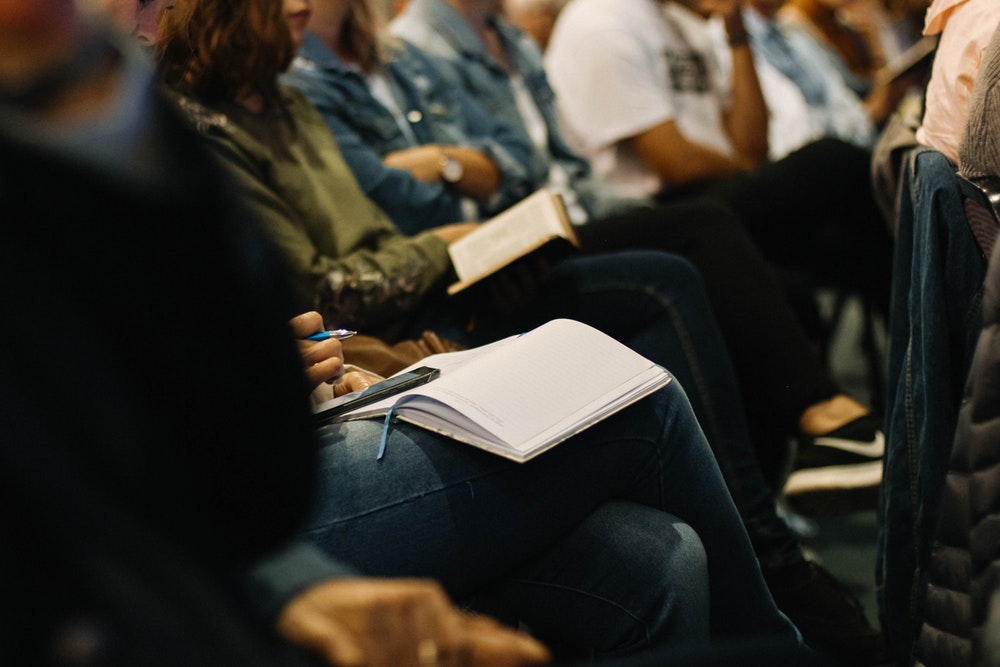
Uncomfortable?
What’s that got to do with anything? Well, more than you think. If you are white in America I want you to think of the last time you felt truly uncomfortable in a public space. Felt like you didn’t belong? Felt misunderstood? Felt as though you had to tread carefully because there were things bigger than you at play and you didn’t know all the rules. not nessasarly in danger, just uncomfortable. Now ignore any times it was just social anxiety, or someone you didn’t want to see what there, or just a new situation. I’d bet it’s not a feeling that you come across often.
See, the country is built for you culturally. You can walk into most spaces and just, fit. Rarely do you have to think about if you are speaking the right language or dialect, if you will get many of the references in conversation, know the music ect. It’s comfortable. Or, so I assume, since unless I was in a Black space, rarely these days, I’ve never felt that way. There is always this little bit of unease, discomfort, and feeling on edge. I don’t belong and we all know it.
What does this experience have to do with you?
It’s really the whole issue. The space, isn’t made for me to be in it. It’s instead made for your comfort in mind. Grey, I can almost hear, our events/shop/hangouts are made with EVERYONES comfort in mind! Nope, you are likely incorrect.
Here is an easy thing majority of us do, get a haircut. When you want a haircut, you find somewhere close, call for availability and go in. In the room is music you likely know, people who look like you, have advice for your hair, speak in a language and volume you are used to ect. When I need a haircut, there are extra steps. First I need to see if there is a Black shop nearby, for convience. If not, I have to find a shop of a certain caliber and call “does anyone here do Black hair?” Most often it’s either a hesitant, “ uhhhh X person does on tuesdays? Is it relaxed or natural? (Natural is harder) no, Sorry” then they suggest another shop or awkwardly hang up. So I keep calling around.
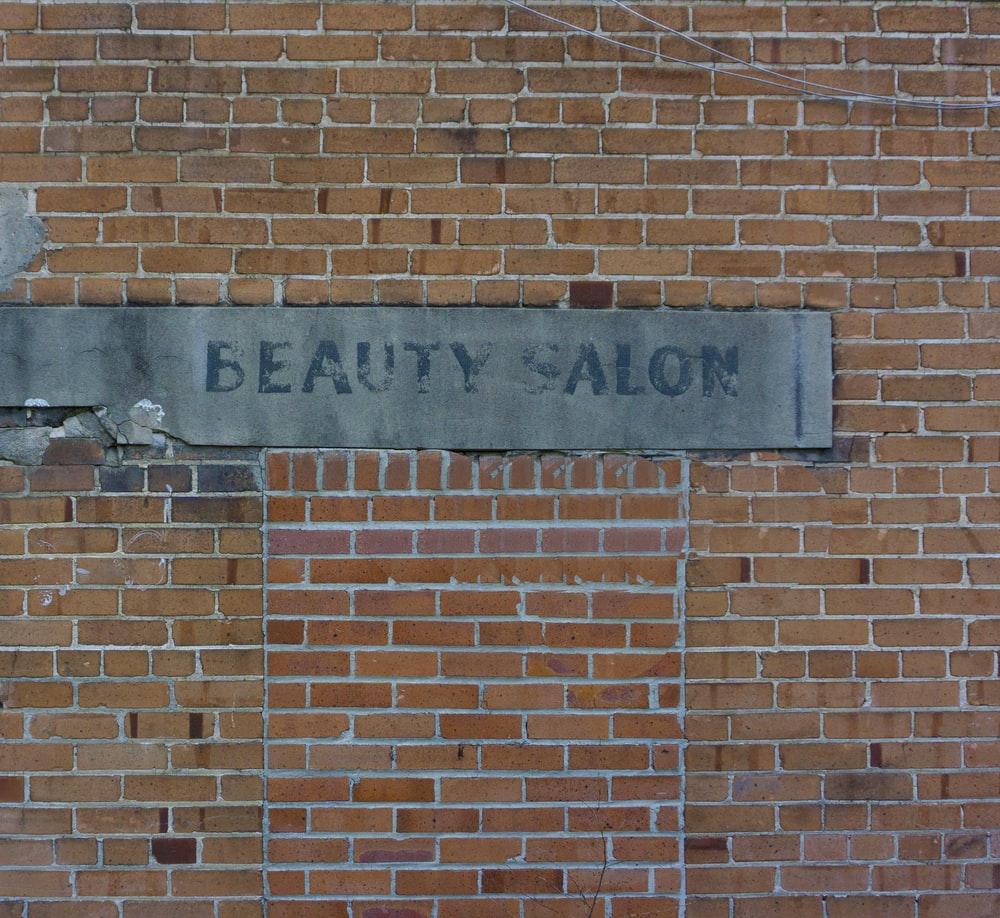
This place in town will take me but it will require extra time and maybe extra price because of my thick hair. I go. No one looks like me and sometimes at me. Except old Carol in the corner staring me down for daring to enter her place of beauty. 70s, country or pop is playing, I don’t know the music. I wait looking around. none of the photos have hair like me, I see no products I could buy, nor styles in maginizes to emulate. I’m seat and we go through my hair, while carol ogles me, and the general discussion is over who is hotter, Generic white guy 1 or 2 and I know neither.
I remind her that she can’t brush out my wet hair. To her dismay I haven’t seen the notebook or breakfast club, and the room looks at me like I’ve lived under a rock. She tells a joke, I laugh too loud and Carol is staring again. My jokes fall flat, not enough context. The bathroom doesn’t have lotion and I can sense the surprise when I tip well. It was… uncomfortable.
I feel like this, All. The. Time. In some ways you get used to it.
So, back to diversity.
If you want people join your community, someone has to be uncomfortable. The system and values of a space can only make so many people comfortable at one time. Many of the values can be contradictory and so the choices an event/group/business makes can deeply impact the people who are willing to come in. It is, in essence and give and take. there is no way to win over everyone, and so someone has to get uncomfortable.
It may be you, or your older crowd, or your brown and Black crowd, or LGTB folks, or your conservatives, and it’s up to the person running the event to decide who they want as clientele. To create a space that is welcoming to people you want to reach it means you need to focus on their comfort, even if it’s at odds with your own. I am not suggesting you need to be 100% uncomfortable, just a little bit.
A good thing to notice is when you notice people of the diversity group(s) you want to reach asks for something how do you, and your current group, react? Defensive? Annoyed? Righteous? Take a moment and ask yourself “Is it really hard or unfamiliar? Is it “not how it’s done” or not how you’ve done it? Impossible, or just uncomfortable?
Ok, Well Shit. Now what?
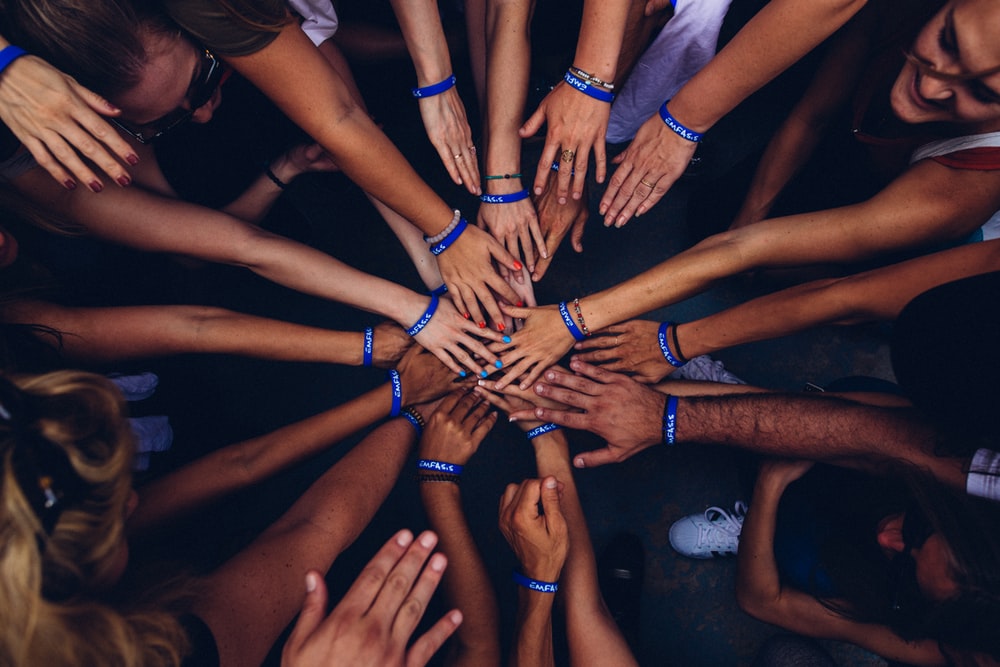
Here are somethings that might help you get started!
- Spend time in the community of the people you wish to reach out to
- Even within your own country, treat minority spaces with the same respect (I hope) you treat other cultures while traveling
- Get involved and be humble
- Ask questions and learn. What is this cultures norms? Why?
- If you are unsure, notice the moments you feel confused or uncomfortable. It’s probably a different norm
- Get to know the cultural touchstones
- Decide what your communities values are
- What isn’t negotiable? What are you willing to change? Who are you trying to join and why?
- Create support systems for new ideas and people entering your community.
- Sell the changes as not something you have to do, but something you get to do!
- Notice when you start feeling a little too comfortable, it’s probably time to look again and deepen your understanding
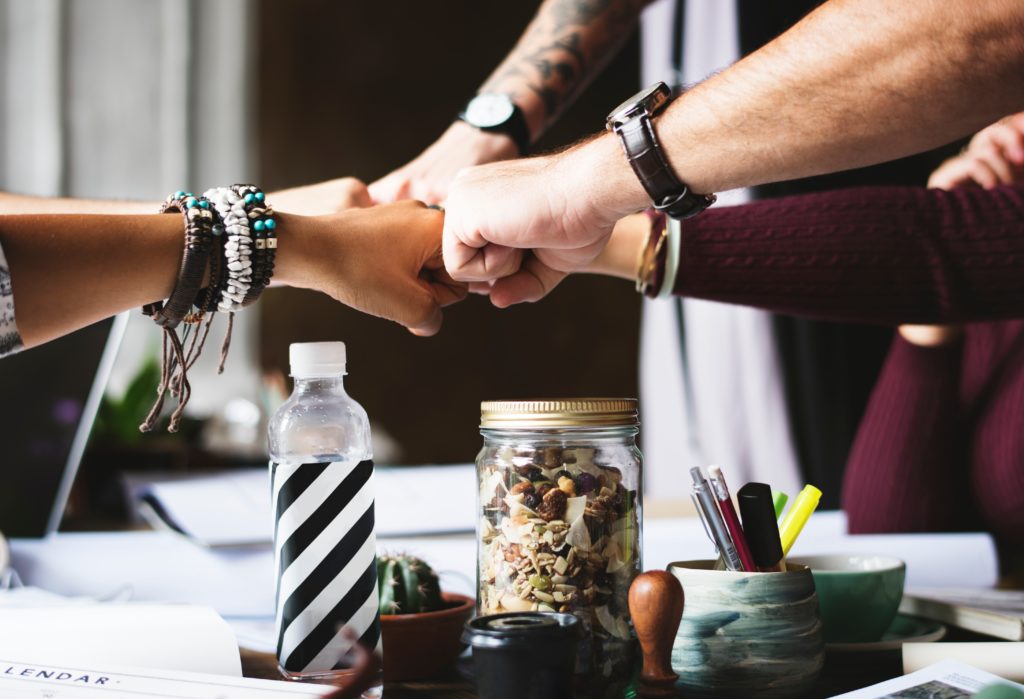
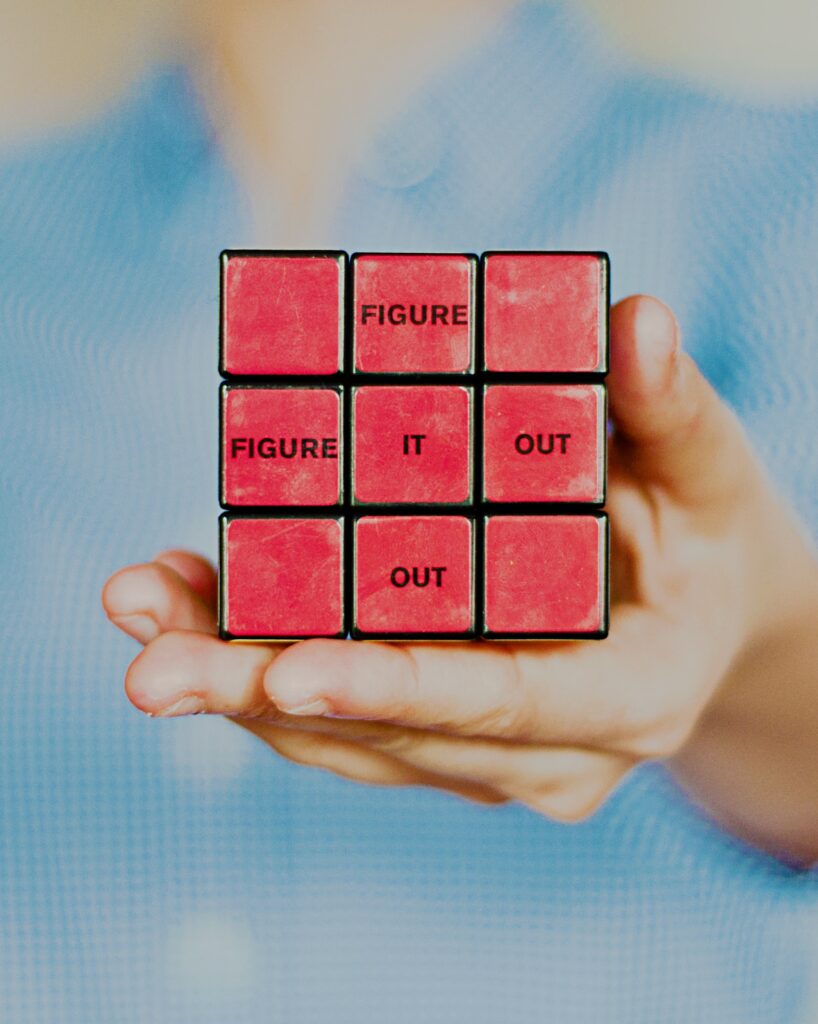
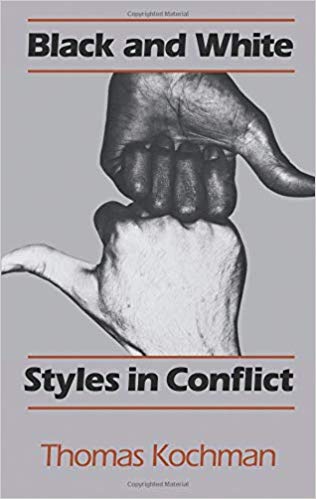
Really well-explored.
“My jokes fall flat, not enough context.” This is so relatable. Not only because we operate on different contexts, I think we also have a completely different sense of humour. British humour is dry and passive aggressive, whereas, as a Bengali, our sense of humour is very direct and we tend to mercilessly roasting people. What is harmless in Bengali communities is now inappropriate in a white space. Though I have noticed that with a few Black and south Asian people, if they’ve had enough experiences at a younger age of assimilating into white culture, there’s some banter to go around. But more commonly this works when the white space is more working class. Otherwise, for me, white British humour is too tame for me, but I do love American comedy shows.